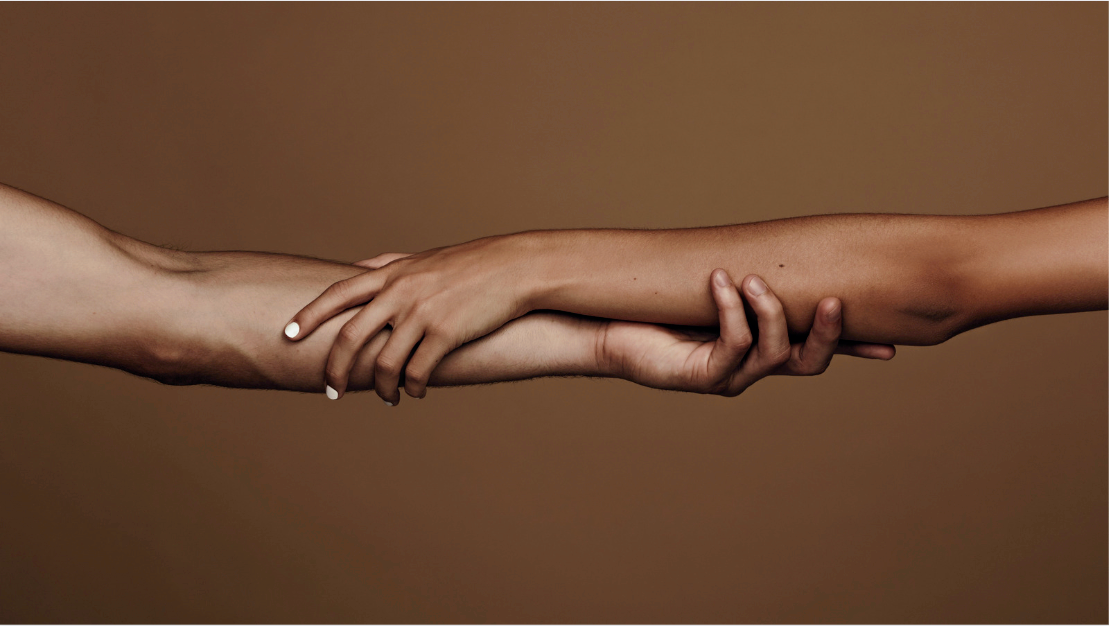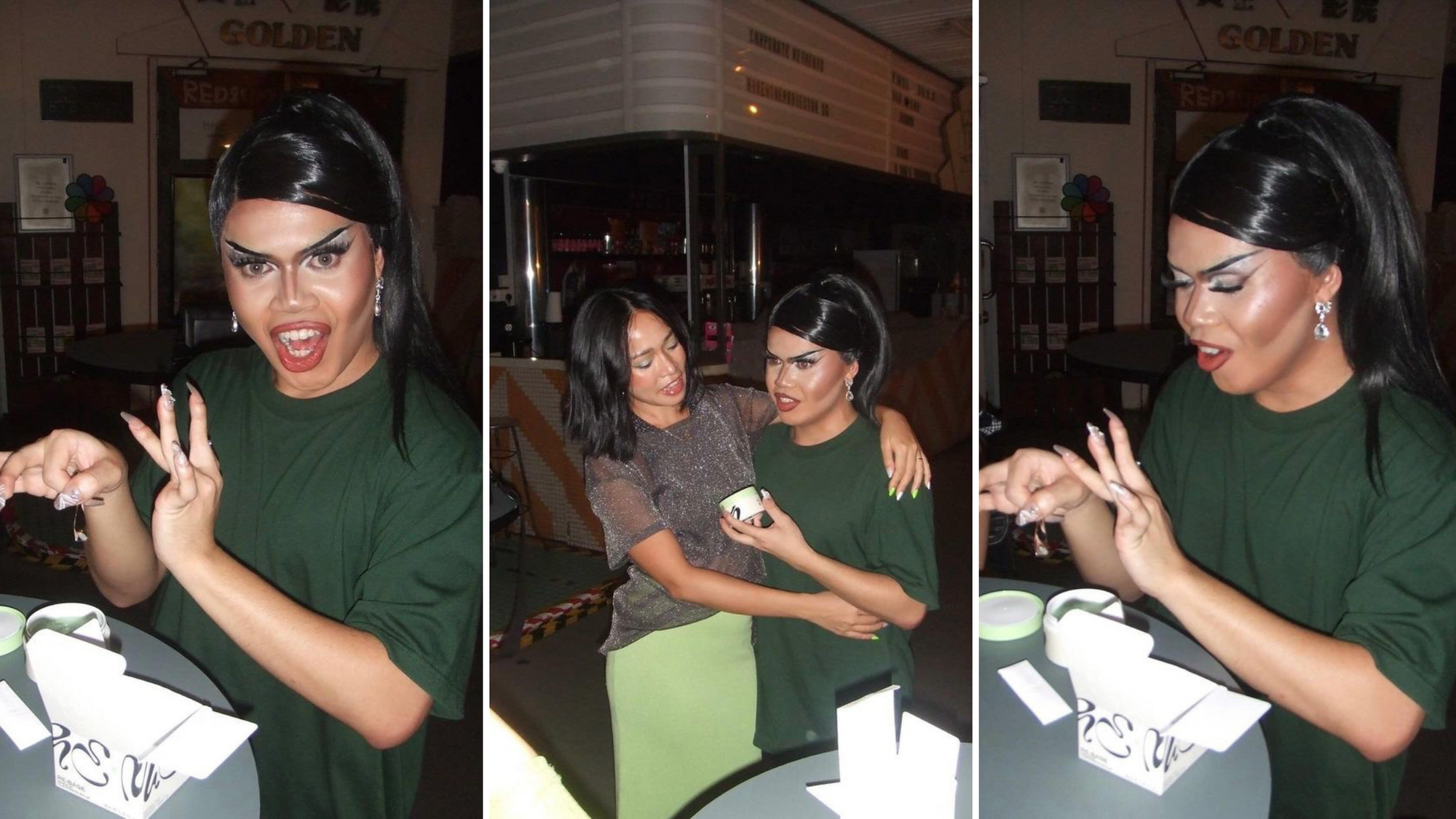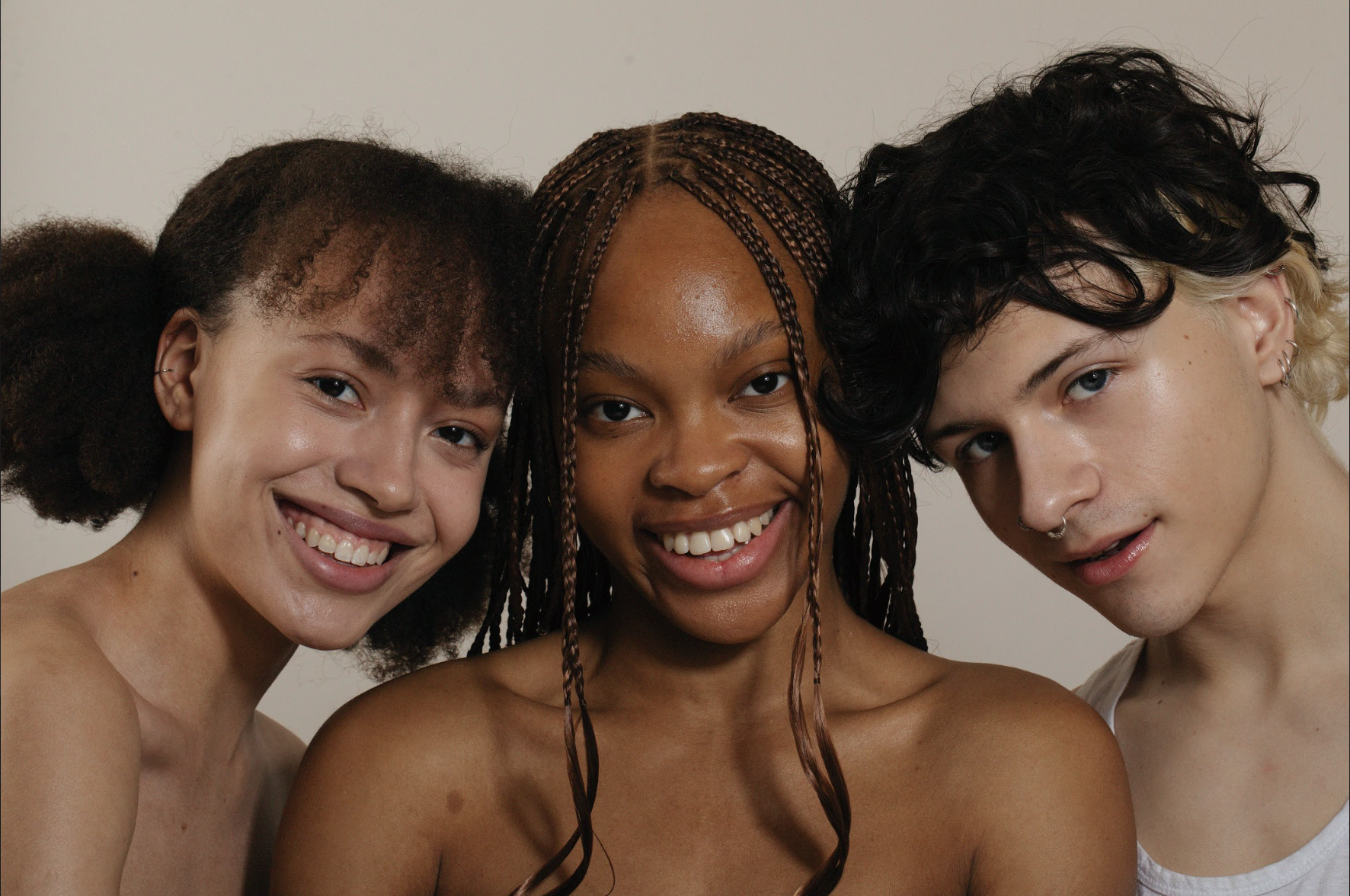Sustainability is crucial today. With global warming, plastic pollution, and other environmental challenges, Reme is taking action. According to the Plastic Pollution Coalition, 120 billion packaging units are produced annually, with most being non-recyclable. In addition, microplastics and microbeads in beauty products end up in our oceans, contributing to pollution.
We must rethink how we consume. At Reme, we focus on helping the beauty industry become more sustainable.
Source: Plastic Pollution Coalition, 2023. Plastic Pollution Coalition
CONSCIOUS BEAUTY: INGREDIENTS THAT MATTER
At Reme, Conscious Chemistry is central to our products. We prioritize ethical, renewable ingredients backed by science. For example, our Re-base Makeup Cleansing Balm contains avocado oil from wonky avocados that would otherwise be discarded. By upcycling these avocados, we reduce waste and prevent pollution.
We also use lab-grown ingredients to lower the demand for natural resources and create effective, sustainable products.
TAKING RESPONSIBILITY: REDUCING OUR CARBON FOOTPRINT
We use upcycled ingredients and recycled plastics to reduce our carbon footprint. Our goal is to be climate-neutral by 2025. We also carefully track the entire life cycle of our products to improve sustainability at every stage.
Source: Green Chemistry Principles, 2023. Sustainable Business Insights
PLASTIC NEGATIVE: REMOVING MORE THAN WE PRODUCE
Plastic pollution is a growing issue, and Reme is actively working to reduce our impact. First, we focus on reducing our plastic footprint. Then, we offset the remaining plastic waste. Through our partnership with rePurpose Global, we help reduce plastic waste in West Java, Indonesia.
We aim to prevent plastic from entering the ocean and harming local ecosystems. Reme’s packaging is plastic-neutral and made from recycled materials. Our cartons are FSC-certified, and we use soy ink, a more sustainable alternative to traditional inks.
Source: rePurpose Global, 2023. rePurpose Global
WHAT YOU CAN DO
We encourage mindful and sustainable purchasing. To help, we’ve highlighted eco-friendly Australian brands in clothing, shoes, and bags:
- Parmoi: Handmade sustainable fashion from Melbourne.
- Elk: Slow fashion brand focused on simplicity and sustainability.
- Allbirds: Sustainable shoes made from natural materials.
- A_C Official: Ethical bags are based on the circular economy.
By supporting these brands, you help drive positive change.
JOIN US IN THE SUSTAINABILITY MOVEMENT
Sustainability is a continuous journey, and Reme is committed to improvement. We’re constantly exploring new ways to reduce our environmental impact. Start your conscious beauty journey with us today, and together, we can make a positive difference in the beauty industry.
[End of Article]
References:
- Plastic Pollution Coalition, 2023. Plastic Pollution Coalition
- rePurpose Global, 2023. rePurpose Global
- Sustainable Business Insights, 2023. Sustainable Business Insights




